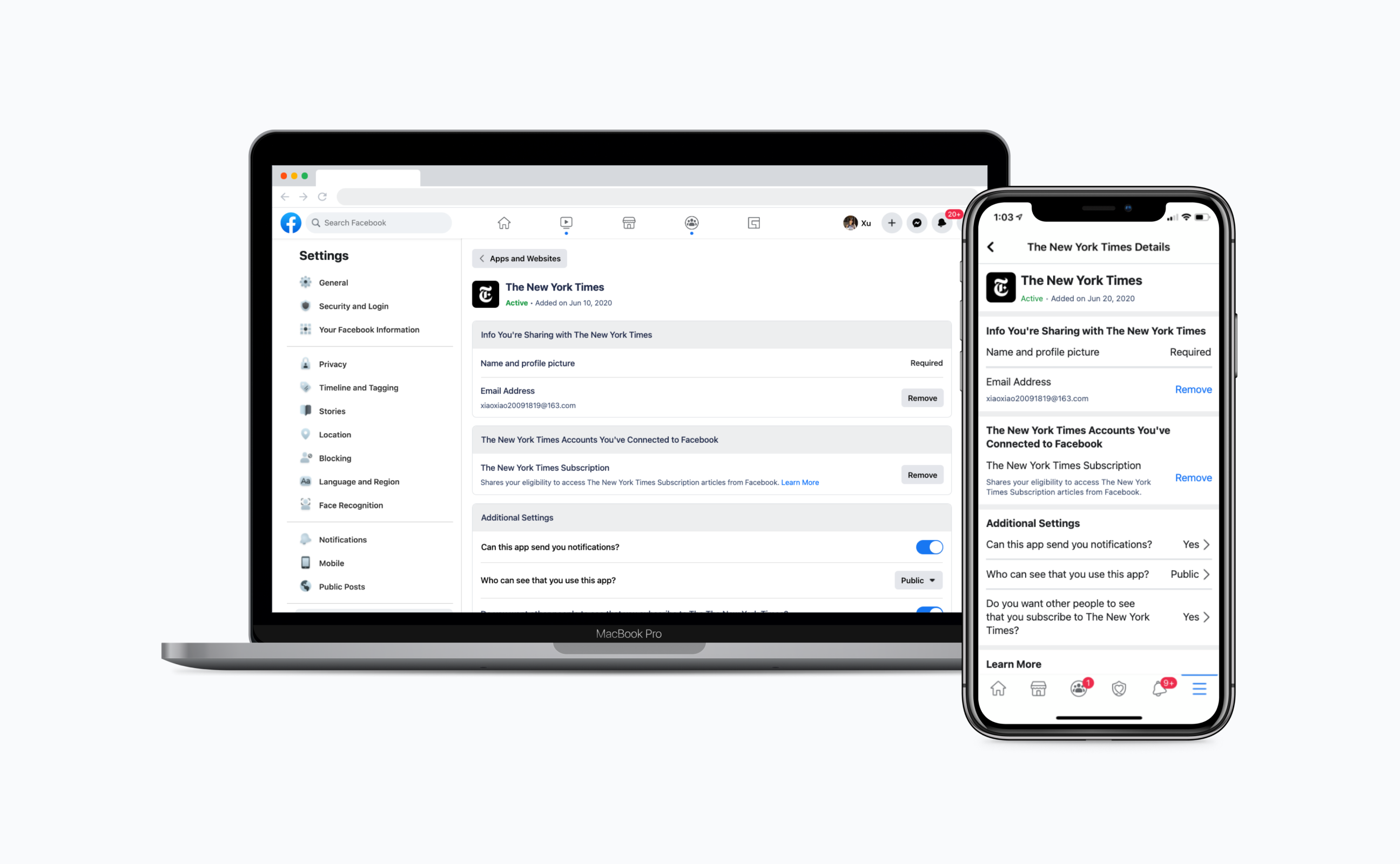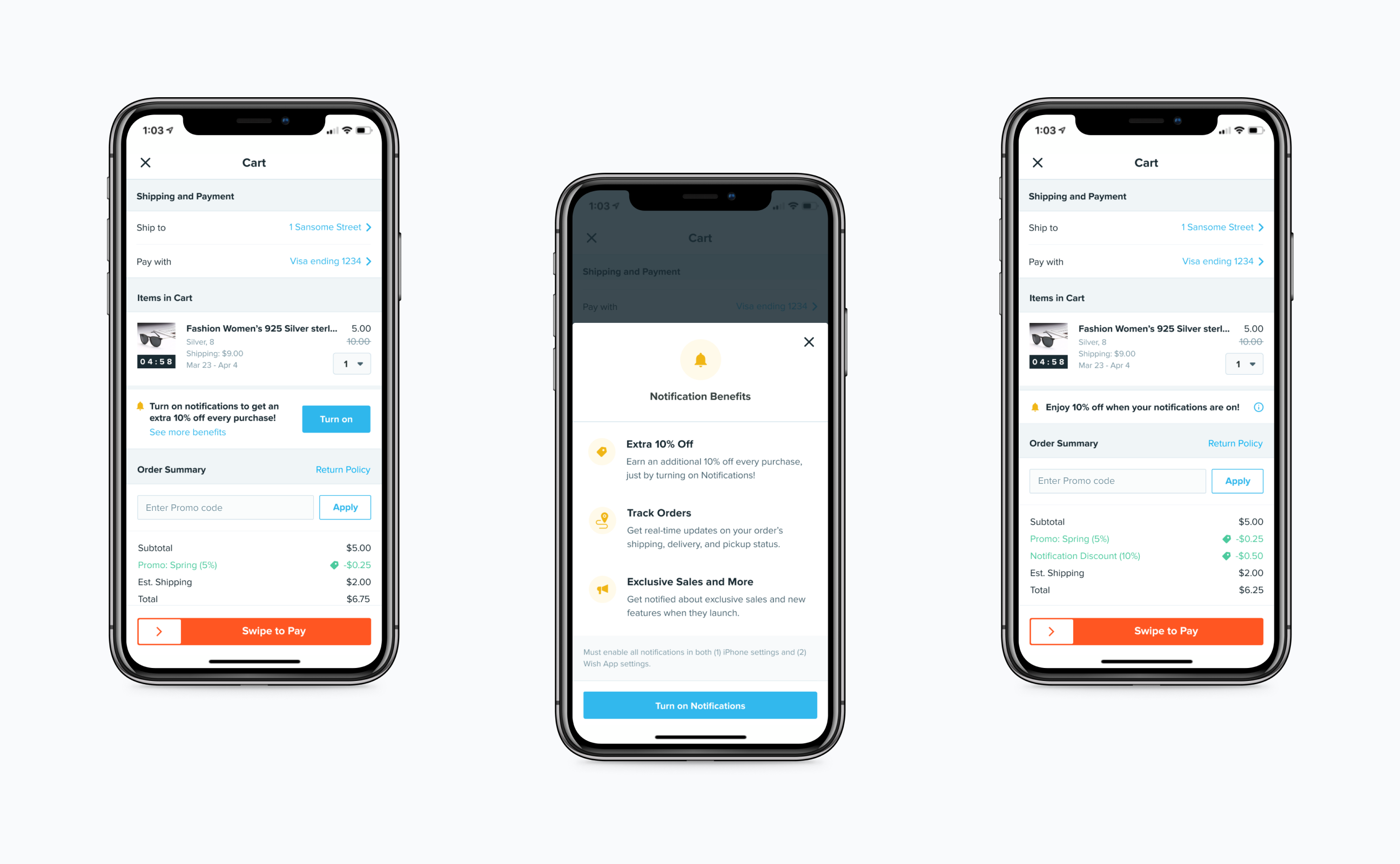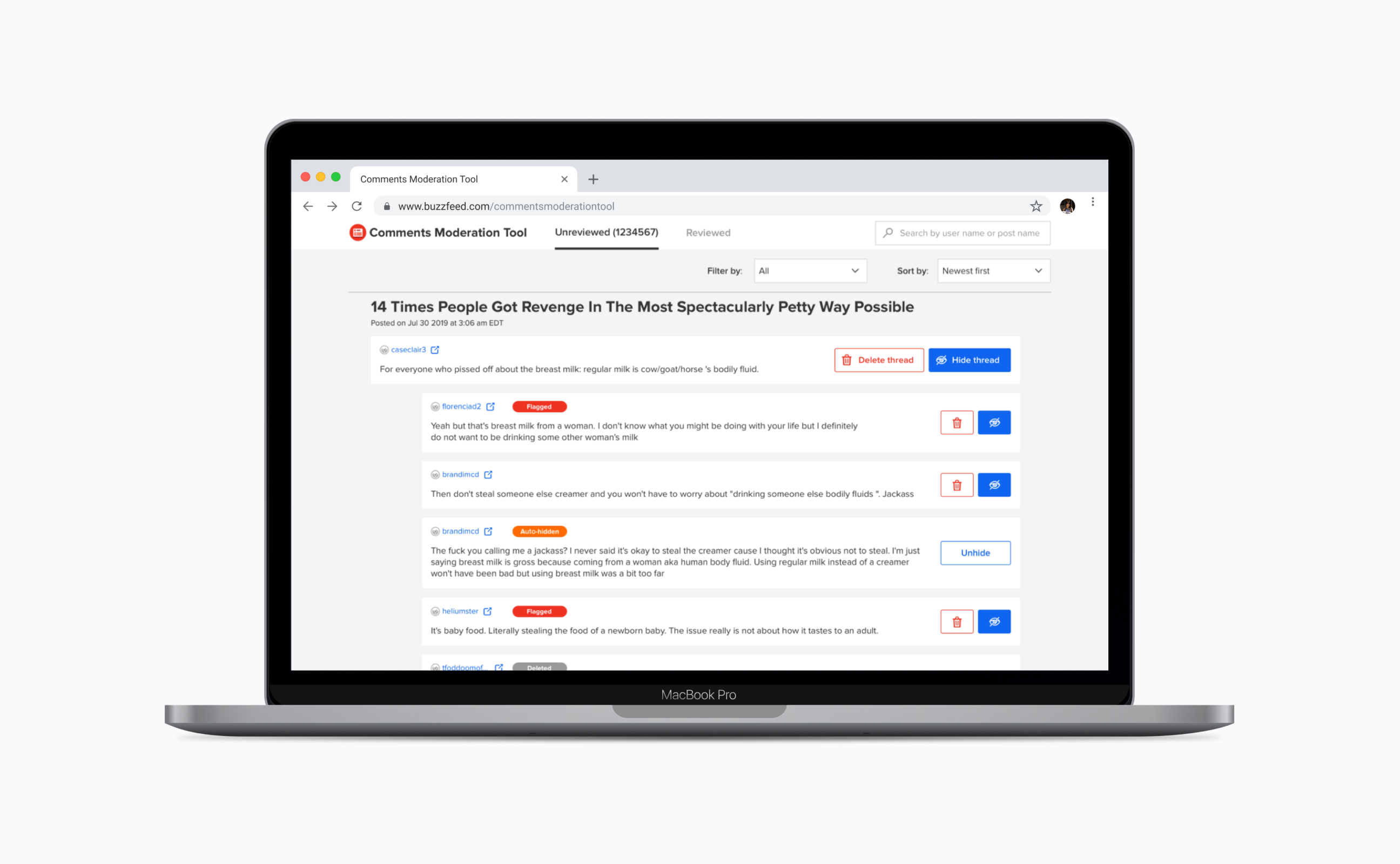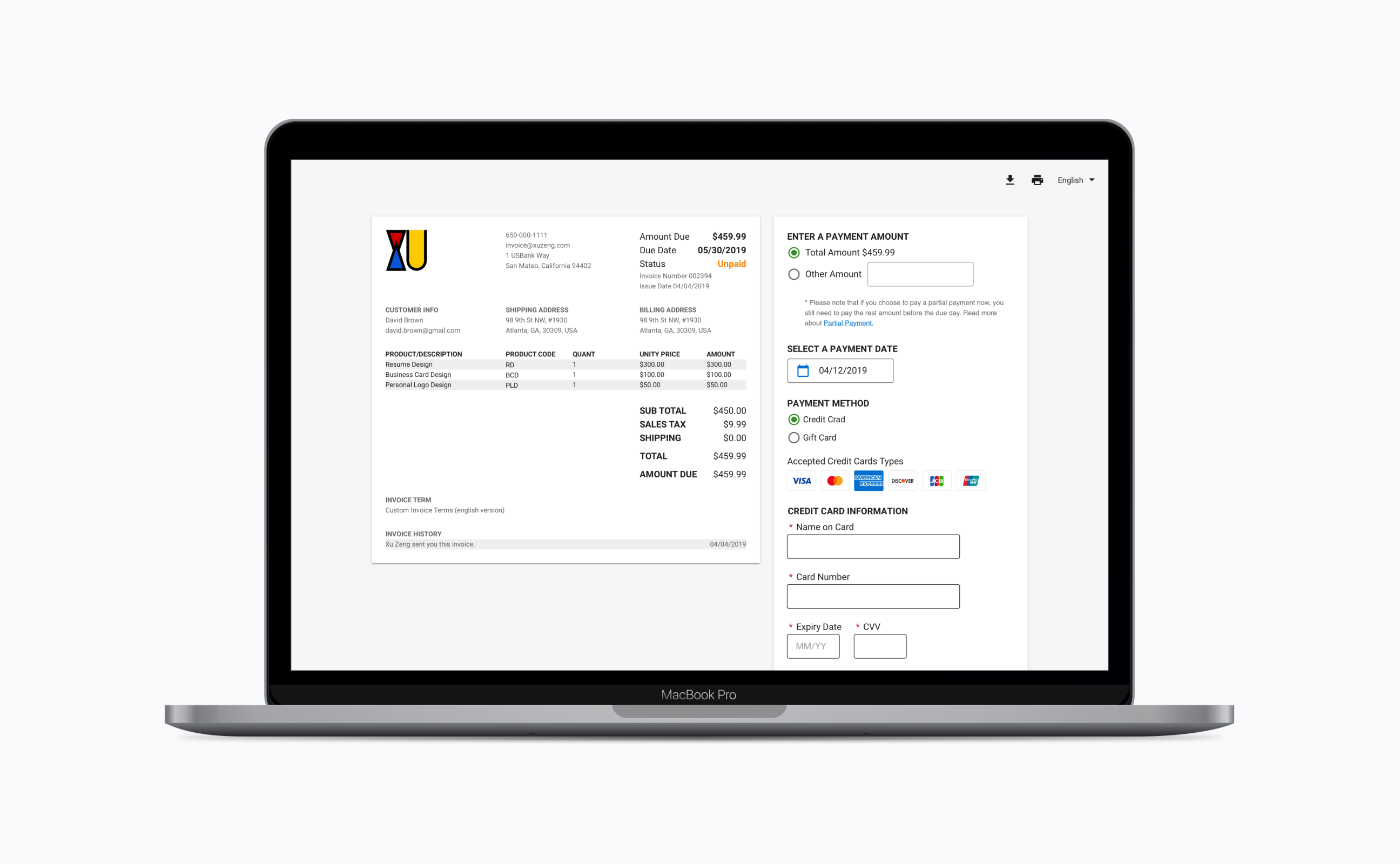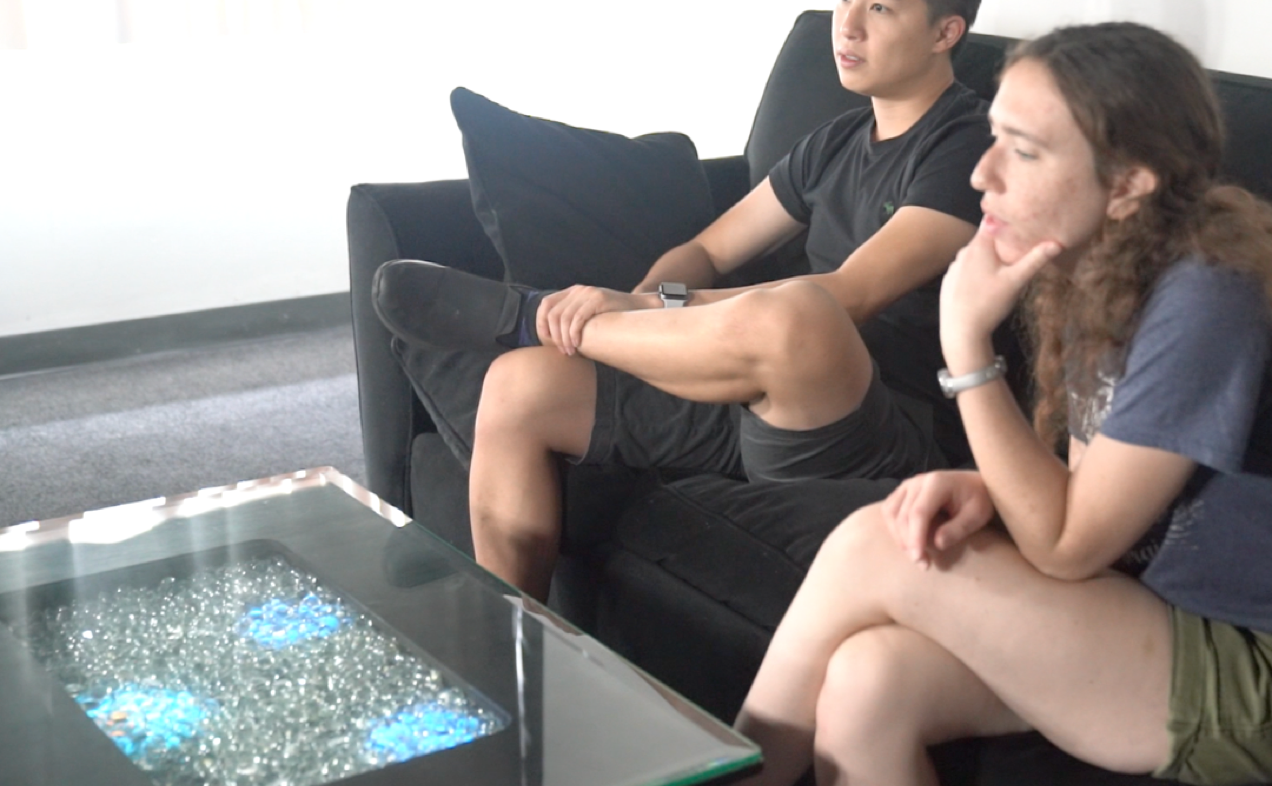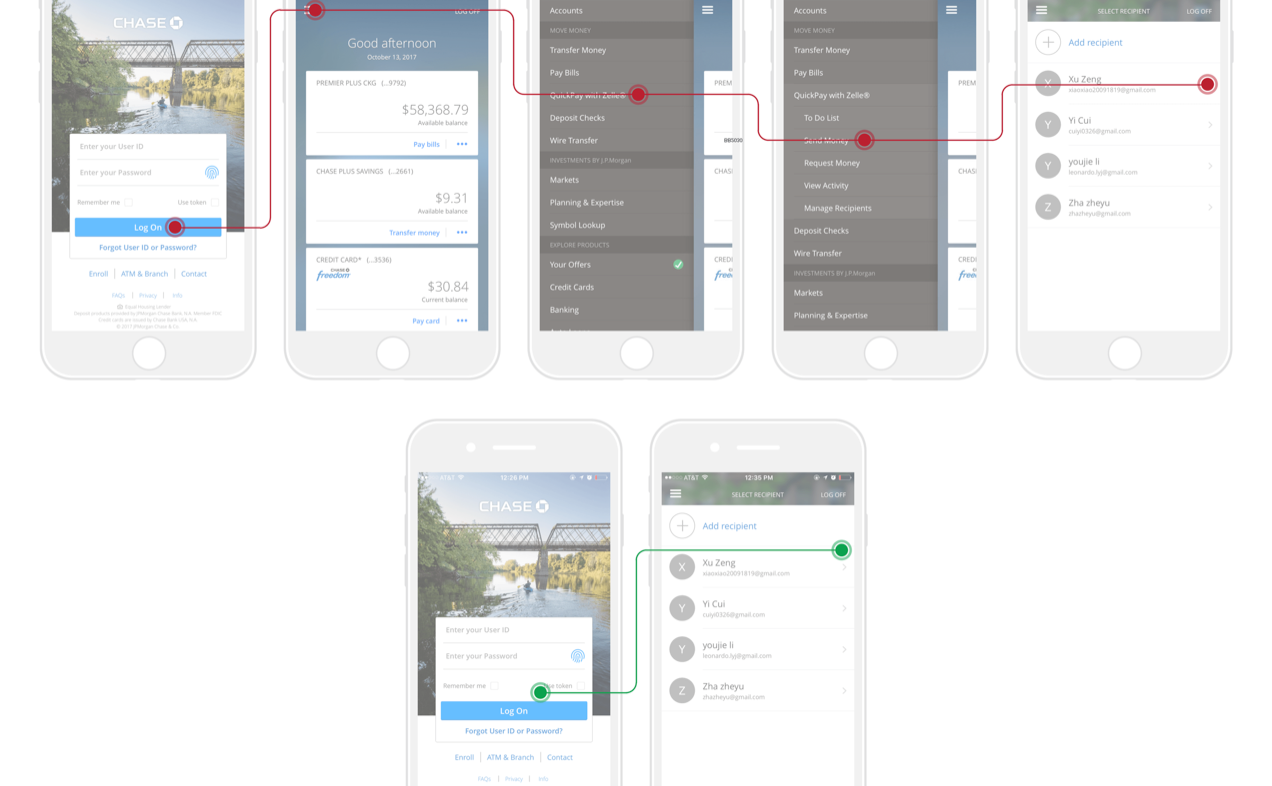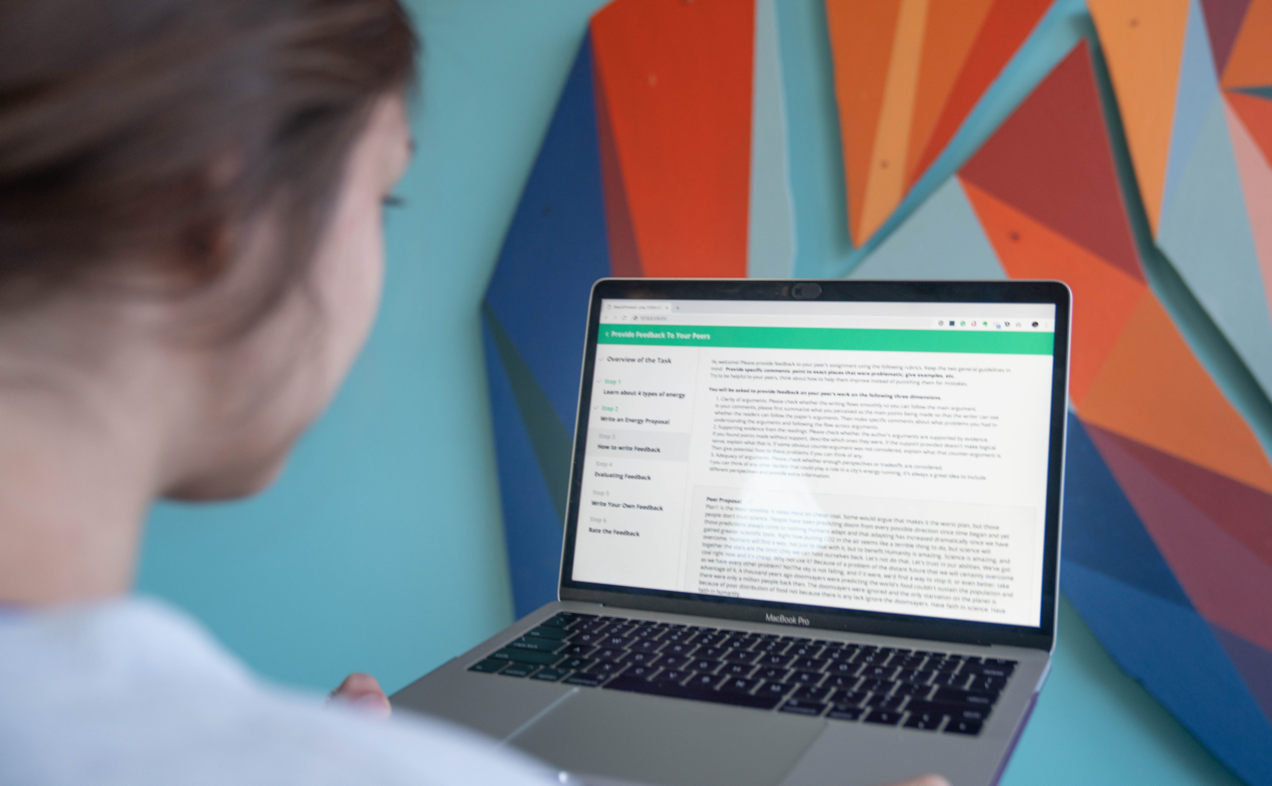
Improvement of peer feedback on MOOCs
Project background
The massive open online courses (MOOCs) are growing fast, e.g., Coursera, Udacity, Udemy. Expert feedback, which is common in traditional classes, is unrealistic on MOOC because of the low teacher-to-student ratio on MOOCs. So peer feedback becomes the mainstream way to support learning on MOOCs. Peer feedback is fast and affordable, but on the other hand, providers are usually lack of domain knowledge. Thus how to eliminate this feedback bias becomes a question.
Research problem
Our study investigated how to increase the quality of peer feedback. To be more specific, we studied 4 different feedback interventions to improve reviewee's learning:
- In-time feedback/correction
- Feedback example with rubrics
- Rating other people's feedback based on rubric
- Critique other people's feedback based on rubrics
We also run the experiment on:
- How learning to write feedback can improve the quality of writing feedback
- How receiving feedback can improve the quality of writing feedback.
The pilot study showed a positive result; currently, it is on the full-scale experiment.
My role
Front end, back end.
Advisor
Xu Wang (PhD Candidate at CMU HCII) , Prof. Carolyn Rosé
Teammate
Timeline
May - Aug, 2018
